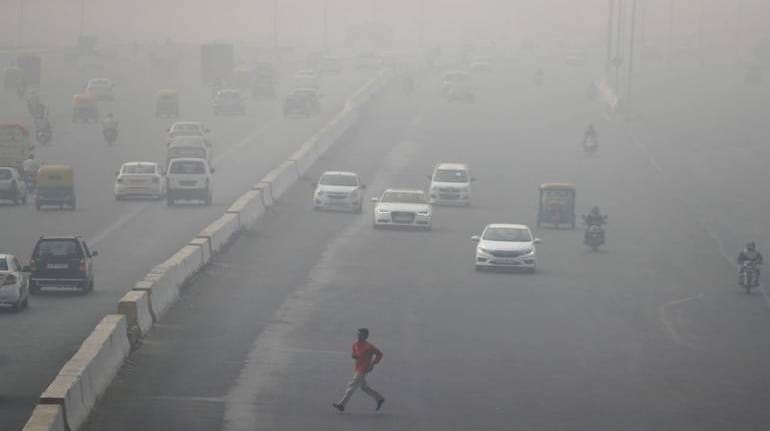


A sudden weather change swept through Jalandhar on Friday morning, bringing a drop in temperature around 7 a.m. due to heavy rain accompanied by thunder. The city, grappling with pollution concerns, experienced relief as the intense rainfall cleared the air.
The rain is anticipated to bring respite to individuals suffering from viral infections exacerbated by stubble smoke and widespread air pollution across the state. Hospitals in the metropolis have reported an increase in cases of viral cough, cold, and fever, prompting expectations that the rain will play a crucial role in reducing such cases after November 15.
The change in weather follows a Supreme Court directive in which a three-judge bench led by Justice SK Kaul directed state governments, including those of Delhi, Punjab, Haryana, Uttar Pradesh, and Rajasthan, to submit affidavits detailing steps taken to control air pollution. To address the issue, the Punjab government has proposed a variety of measures, including timely distribution of machines, utilization of idle machinery, and campaigns promoting in-situ and ex-situ methods.
Air pollution is a major concern during the winter months due to a variety of factors such as dust, vehicular pollution, dry-cold weather, stubble burning, and crop residue burning after harvest. The slow movement of dense, cold air traps pollution, resulting in greater exposure than during the summer months. The recent rain in Jalandhar is viewed as a positive step toward improving air quality and alleviating health concerns.